One of the ways in which MEPI funding is being used to achieve all 3 goals of the grant, is by the establishment of MEPI Learning Centres (MLCs). Enhancing Care Initiative (ECI) is responsible for the development of the clinical Preceptorship at the MLCs for undergraduate medical students in collaboration with the Department of Family Medicine. The clinical Preceptorship will take place at the MLCs. These rural clinical training sites will be capacitated with a resource centre, including an electronic document repository; a video conferencing facility and links; a lecture theatre; meeting rooms; a computer lan, a mini-library, mini-skills lab; internet access; accommodation; and recreational facilities. See diagrams below for proposed prototype for the 3 large rural clinical training sites.

ACCOMODATION – GROUND FLOOR
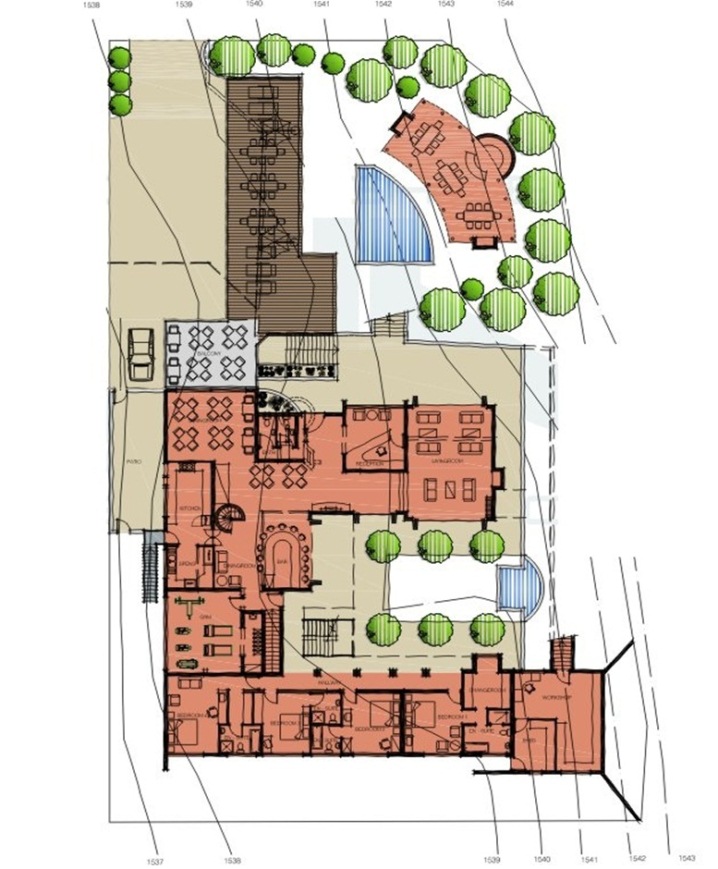
ACCOMODATION – FIRST FLOOR
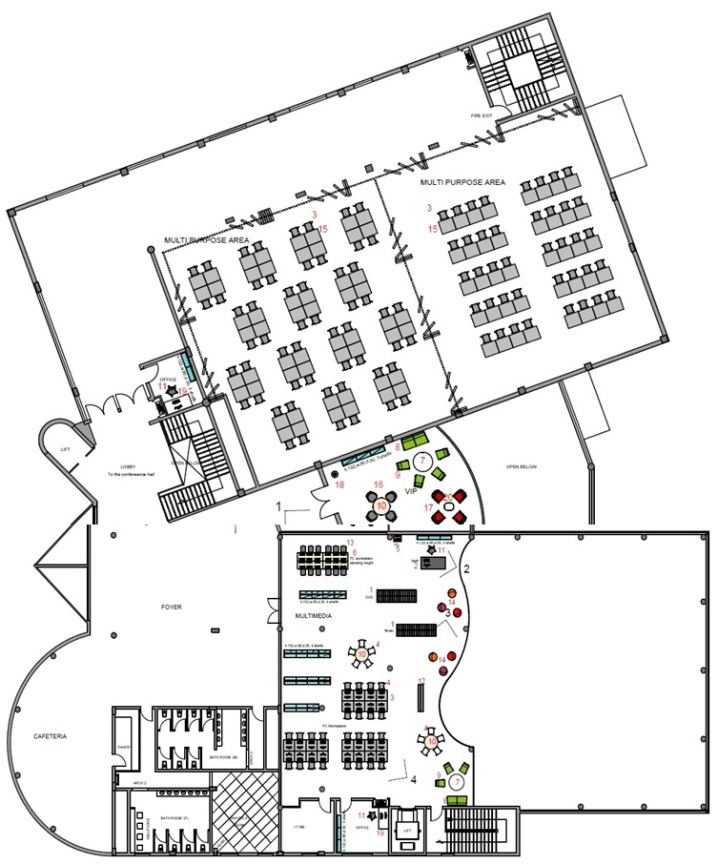
Library / LAN / Skills Lab / Seminar room
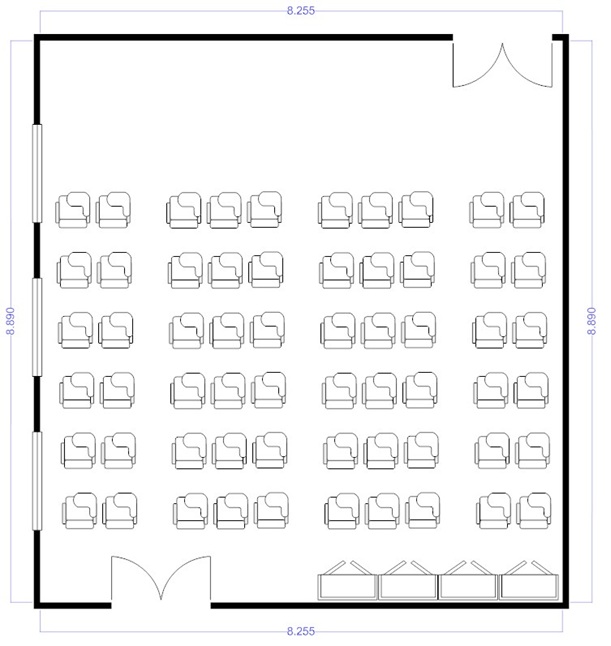
Lecture Theatre
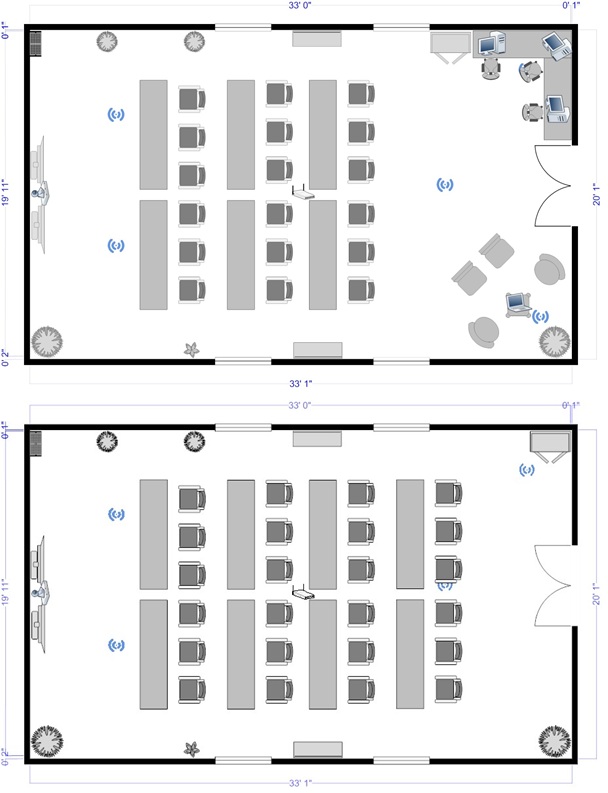
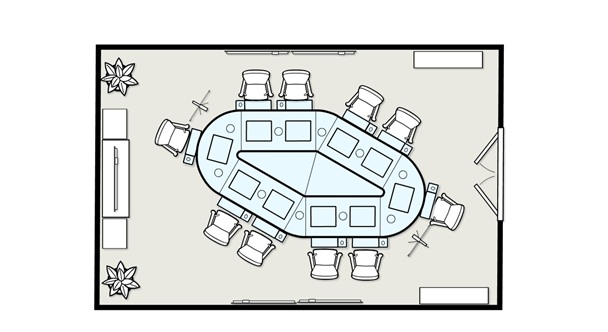
MEPI seeks to support the focus on rural health in the undergraduate curriculum and the MLCs will provide a platform for the decentralised teaching and training for undergraduate medical students initially. This will alleviate the burden on the teaching academic hospitals within the eThekwini and Pietermaritzburg complexes since the intake of medical students has already begun increasing in line with Minister of Health’s goals to increase the output of quality healthcare workers. The location of these MLCs in the rural areas of KwaZulu-Natal will aim to provide a positive rural exposure for the students thereby encouraging them to return to the underserved areas once they have qualified.
MEPI is supporting a structured teaching programme with specialist supervision for undergraduate medical students from fourth to sixth year of the MBChB curriculum. This will be developed by the Department of Family Medicine in collaboration with the Department of Rural Health and Public
This curriculum will be further developed in a phased approach with the Department of Paediatrics, Obstetrics and Gynaecology and finally all the relevant clinical disciplines. This will be extended to the health sciences including pharmacy, allied health sciences and nursing students.
It is envisioned that postgraduate teaching will occur at these sites as well as continuing medical education and short-term training programmes for staff from facilities within the health district in which the MLC is located e.g. IMCI training, MIMART, ESMOE, Emergency Medicine updates, etc. The newly appointed District Specialist Teams will be able to use the MLCs to mentor the staff at the hospitals in which they work in.
The MLCs will also be site at which operational, health systems and clinical research can occur for both undergraduate and postgraduate students. The outcomes from the research can be used to implement changes that will improve both the health system and health outcomes in the community.
There are seven sites in total: 2 urban and 5 rural.
The two urban pilot sites include Wentworth Hospital in Durban and Northdale Hospital in Pietermartizburg. The MLC at Wentworth Hospital has been delayed due to the repairs being done to the identified building. However, ECI is in negotiation with the hospital management to identify a site within the hospital that can be used temporarily while the building renovations are occurring.
The Northdale site is on track and the video-conferencing and computer equipment will be installed following the installation of security gates by the Department of Telemedicine at UKZN who is collaborating with MEPI on this project.
For the peripheral sites, extensive consultation with the KwaZulu-Natal Department of Health (KZN DOH) has been completed and 3 main centres have been chosen to be rural clinical schools in each of the three health areas in the province. Area 1 is Murchison Hospital located in Ugu district, Area 2 is the Pholela Community Health Centre located in Sisonke district and Area 3 is Hlabisa hospital located in the Umkhanyakude district. These sites have been signed off by the Head of Health, Dr SM Zungu.
There will be an additional 2 smaller satellite centres that will be linked to 2 of these 3 schools but these have not yet been decided. However, these 2 sites will be located within reasonable proximity of the main rural clinical school so that students can travel there for the day.
Engagement with the district and facility management at these sites has already begun.